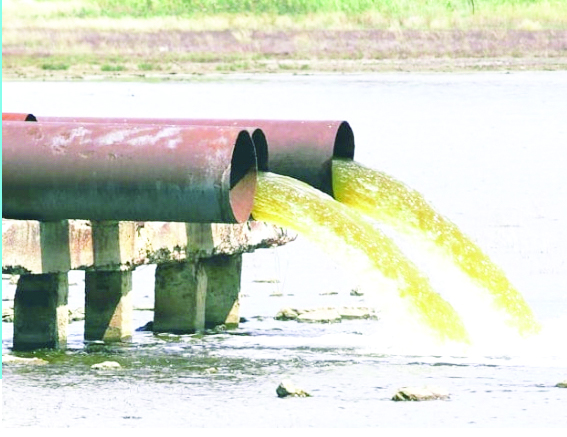KCSE malpractices – episode 5: external forces

In episode four of this investigative series, teachers were depicted as central figures in KCSE exam malpractices.
They feature in every scene of the ‘malpractice movie’: teaching the subjects, setting for KNEC, preparing students through revision, leaking from storage containers, writing answers for students, invigilating, marking, and ultimately celebrating the results of the same exams. This pervasive involvement underscores the systemic nature of the malpractice.
Teachers are not alone in this web of corruption. Episode five shifts focus to the external forces – school administrators, parents, and exam officials – whose involvement exacerbates the crisis and sustains a system where cheating thrives.
At the heart of KCSE malpractices are school administrators, particularly principals, who exert immense pressure on teachers to ensure top performance. Many secondary schools rely on excellent KCSE results to attract more students and secure funding from sponsors, donors, and the Ministry of Education. Consequently, principals demand high grades at any cost, forcing teachers into unethical practices.
In some institutions, teachers who fail to deliver stellar results face threats, forced transfers, or even dismissal. This coercion creates a toxic environment where malpractices become a survival mechanism rather than a choice. The most vulnerable lot in this scheme are Board of Management teachers, who, due to job insecurity, are compelled to participate in exam irregularities.
As centre managers, principals often oversee malpractices by facilitating the early access to exam papers through leaked sources. They ensure photocopied papers reach teachers in time, organise answer-sharing discussions, and coordinate the compromising of invigilators and security personnel to either look the other way or actively participate in the cheating process. This makes school administrators not only enablers but key orchestrators of KCSE malpractices.
While parents may not be physically present in exam rooms, many play an indirect yet significant role in fuelling exam cheating. The pressure to secure good grades for their children leads some parents to resort to bribery and underhand dealings.
Parents willingly contribute money to fund cheating schemes, often viewing it as an investment in their children’s academic success. In some cases, they pool resources to ensure their children receive pre-determined answers before or during the examination. Others engage in underground networks to procure leaked exam papers.
This practice severely affects students’ learning attitudes, shifting their focus from genuine academic engagement to relying on leaked answers. A culture of dependence on cheating develops, where students abandon studying altogether in the expectation that exam answers will be provided.
Exam centre managers, invigilators, and supervisors – who are entrusted with maintaining the integrity of national examinations – are often deeply entangled in malpractices. Rather than safeguarding the credibility of the KCSE process, some of these officials actively enable cheating for financial gain. Cases where centre managers use their influence to handpick supervisors and invigilators willing to cooperate in cheating schemes clearly indicates manipulation by local TSC staffing officers.
A surprising but crucial external player in exam malpractices is the network of boda boda riders. These motorcycle transport operators, often stationed outside schools suspected of engaging in cheating, act as informants and security operatives for the cheating network.
Their role includes monitoring the school’s perimeter, reporting any suspicious vehicles or individuals, and ensuring that no undercover KNEC officials interfere with ongoing malpractices. Their presence, through local arrangement with the principals, serves as an added layer of security, further embedding corruption within the examination system.
— The writer is a Professor of Chemistry at the University of Eldoret, a former Vice-Chancellor, and a Quality Assurance Expert; ]












